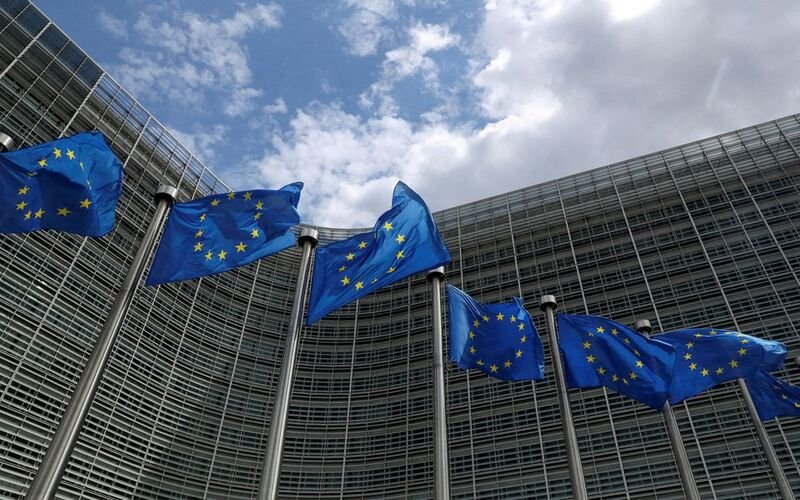EU fresh Russia sanctions target Chinese companies. Several Chinese firms have been nominated for blocklisting by the European Union’s executive. In addition, exports to countries believed to be involved in evading Russia’s trade restrictions in light of the war in Ukraine have been considered for reduction.
Several diplomatic sources said on Monday that a first debate on the plan by the European Commission’s foreign policy branch would take place on Wednesday, with the 27 EU member nations, all of which must agree for new penalties to be enforced.
According to the sources, after the EU identified China, Turkey, the UAE, and nations in central Asia and the Caucasus as likely perpetrators, the plan focused on countering the circumvention of current trade barriers through third countries.
Diplomats familiar with the plan said it would be a first for the EU to penalize China by freezing the assets of seven Chinese corporations for allegations that Beijing had a role in Russia’s war in Ukraine.
Wang Wenbin, a spokeswoman for China’s Ministry of Foreign Affairs, warned the European Union on Monday not to choose the “wrong path” and warned that China was ready to take measures to protect its rights and interests.
“China opposes actions that use China-Russia cooperation as a pretext to impose illegal sanctions or long-arm jurisdiction against China,” Wang said during a routine press briefing.
3HC Semiconductors and King-Pai Technology of mainland China, as well as Sinno Electronics, Sigma Technology, Asia Pacific Links, Tordan Industry, and Alpha Trading Investments of Hong Kong, were named participants by the Financial Times on Monday morning.
On Monday, a spokeswoman for the European Commission acknowledged the proposal had been handed out to member states. She was meant to close loopholes in Russia’s trade restrictions, but he declined to provide any detail.
As the union strives to deprive Russia of technologies used in the battlefield against Ukraine, sources say it may broaden the list of commodities banned from overland transit through Russia.
According to the sources, the blocklist will expand to include persons suspected of transporting cultural objects and minors out of the conflict zone in Ukraine and into Russia.
Since Russia invaded Ukraine in February 2022, the European Union (EU) has imposed 11 sanctions on the country. One of these sets proposes a new method for the EU to reduce exports to third countries believed to be complicit in circumventing Russia sanctions.
One EU ambassador said, “It will be an empty vessels for now that can then be filled up as needed.” As the author puts it, “the whole point would be to never use it, to go for a diplomatic outreach first and offer technical assistance.”
We will leave this menace dangling only as a final resort.
The European Bank for Reconstruction and Development (EBRD) reported in February that some restricted EU commerce was going to Russia via the Caucasus and Central Asia, based on a review of German export statistics since Russia’s invasion.
Analysis revealed a steep decline in direct EU exports to Russia when sanctions were imposed in March 2022). On the other hand, exports from the European Union (EU) to Armenia, Kazakhstan, and the Kyrgyz Republic have all increased recently.
According to the EBRD, both trends are more evident for categories of products that are either totally or partially affected by EU sanctions, as well as for products that are very similar to those that are banned.
Due to the potential disruption of economic and political relations, several commentators have speculated that conversations between member nations might be lengthy and tense.
I don’t think we’ll hear anything until at least next week. A second diplomatic source predicted that member nations would have a wide range of opinions on whether or not this was a good path and how it would truly affect them.
Although the EU has maintained for some time that it does not engage in extraterritorial measures like the United States, this proposal demonstrates the bloc’s growing willingness to target third nations and foreign corporations with its penalties.
“Whether we like to admit it or not, it’s clearly the way things are going,” said a third EU official intimately involved in drafting the sanctions.
Additionally, on Monday, Russia unleashed its largest round of drone strikes against Ukraine in months, ramping up its attacks in anticipation of its May 9 holiday commemorating the Allied victory over Nazi Germany.













































Comment Template